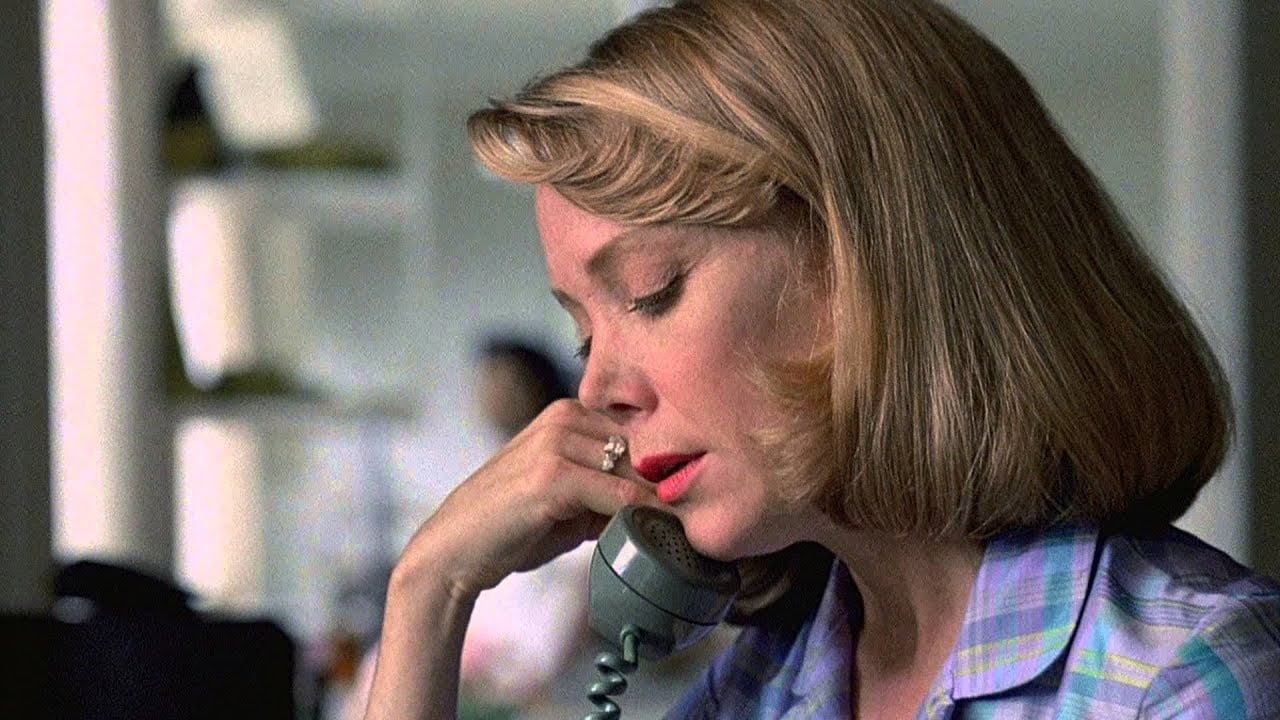When it comes to films depicting America’s history of racism, many white produced films tend to be centered on a white savior. At best, this is just patting each other on the back for actions done a generation or two ago. At worst, it tends to be outright historical revisionism. The difference between these and The Long Walk is that, while clearly made for a white audience, the film doesn’t crown Sissy Spacek’s character as a messiah, but her choice to help the boycott anyway is a message worth depicting, even if it’s small, even if it isn’t the typical, single-handed salvation Hollywood is used to doling out. While the white narrator adds unnecessary distance, and while it would have been better to see more of Whoopi Goldberg in the non-comic role of Odessa Cotter, The Long Walk cares about the everyday, and that’s what makes it mostly work.
Synopsis
Two women, black and white, in 1955 Montgomery Alabama, must decide what they are going to do in response to the famous bus boycott led by Martin Luther King.
Storyline
Alabama, 1955. Nanny Odessa Carter participates in the Montgomery bus boycott after Rosa Parks was arrested, so her employer Miriam decides to offer her a ride to work every day, despite Miriam’s husband and friends insisting that she doesn’t get involved.
TLDR
It’s not perfect, but it’s great to see an example of following a call to action, not just ineffective theatrics.
What stands out
The way racism is depicted here is different. It’s not the over-the-top, undeniable cruelty we see in other films. Miriam is an example of the small good deeds that ordinary white people could and have done in response to racism, but her husband and brother-in-law is an example of casual racism that slips by under the veneer of polite society. They’re the depiction of everyday evils– the muttered conversations, the lack of courage to disagree, and the intimidation only made possible through groupthink.











